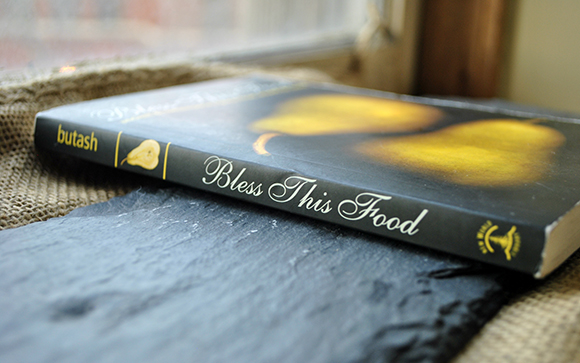
Christmas dinner was Roast Lemon Yogurt Whole Fish, Stuffed Clams, Brazilian Collard Greens with Shrimp, Kumquats and Couscous salad, and Chocolate Pound Cake served with homemade Coffee and Chocolate Covered Almond Ice Cream. I looked forward sharing our non-traditional meal — influenced by Italian-Americans The Feast of the Seven Fishes’ dinner on social media and writing about it after Christmas. Despite starting dinner early and prepping a few ingredients on Christmas Eve and the weekend before, the daylight for taking proper food pictures was lost, because daylight in the winter ends early. Initially, I was upset, but the anger was shrugged off. Instead, I chose to experience our holiday blessing of having an abundance of food sans working for my food blog.
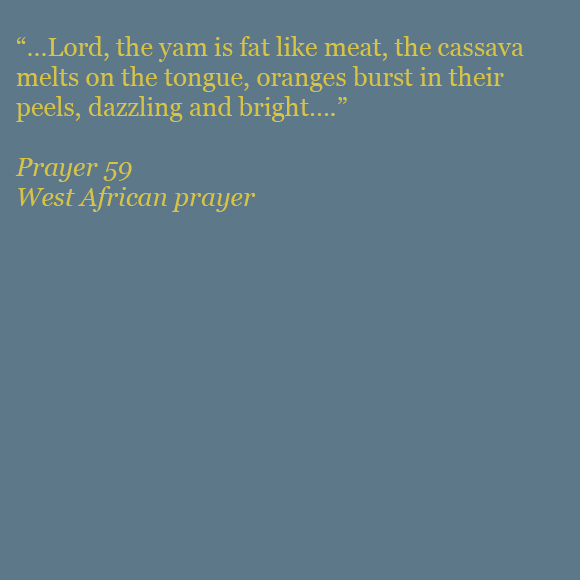
This year there were an extra dozen eggs in the refrigerator. Full cartons of whole milk, coconut milk and almond milk. A couple ounces each of Meleng Full Assam black, Thai Rooibos and Scent of Mountains Japanese Green Teas in the pantry. We made Dark roast coffee in the French press. A bottle of House of Mandela Sauvignon Blanc, Prosecco and dark rum chilled in the refrigerator. A seasoned fillet of locally-caught sea bass was ready to be steamed in wine, just in case a last minute guest made a special appearance. My heart swelled when all the ingredients were purchased for our Christmas seafood, Kwanzaa and New Year’s Day dinners without worrying about money.
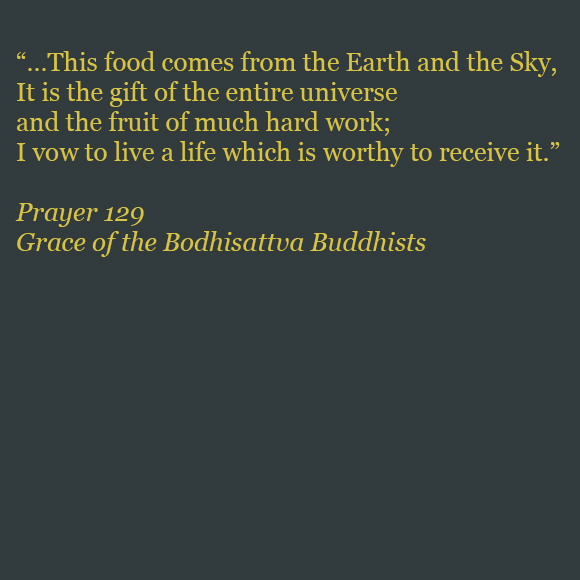
As my boyfriend said grace to bless our Christmas dinner followed by a sparkling toast, I truly realized how lucky we were this year. I will forever remember Christmases of past years when meals were beautifully created with far less funds.
Late last Autumn, I received Adrian Butash’s Bless this Food, Ancient & Contemporary Graces from Around the World. It’s a beautiful book of cultural prayers blessing any type meal, especially for New Year’s Day, to spiritually bring in a good year.
“The occasional gathering for prayer, no matter how brief, keeps the heart and mind in touch with the most fundamental of joys: belonging.”
Adrian Butash, Author of “Bless this Food, Ancient & Contemporary Graces from Around the World“
It doesn’t matter if someone is an Atheist, Christian, Buddhist, Jewish, Muslim or Hindu, it’s a beautiful book with cultural or religious prayers blessing food. They’re prayers from the past, such as ancient Native American rituals to present day poets, thinkers and activists. Towards the end of the book, there’s an illustration of how to sign “bless this food” in American Sign Language. Some prayers are complex and others are simple enough for children to participate by reading a verse.
Among the many resolutions we list for our self-improvement, why not start blessing each meal. The blessing doesn’t need to be complicated or long. Perhaps, Butash’s Bless this Food could be used like a fortune cookie; open it to a random page and recite a blessing. It’s not about religion, but it’s about our collective spirituality in this world. Especially, since my home was extremely blessed with an abundance of food this holiday.
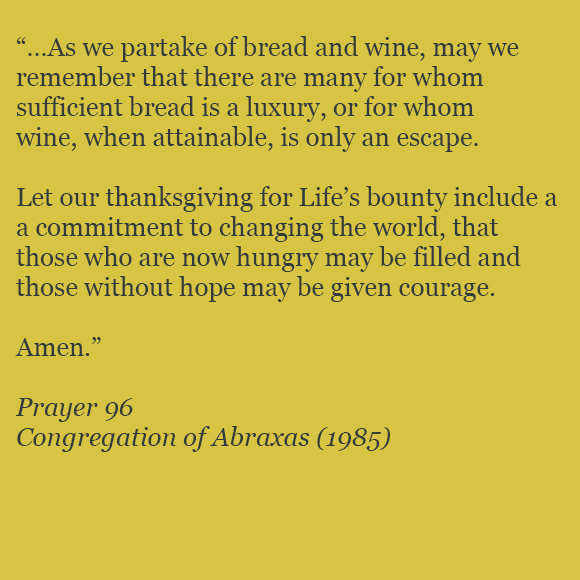
[Prayers] Excerpted from the book Bless this Food: Ancient & Contemporary Graces from Around the World © 2013 Adrian Butash. Printed with permission of New World Library, Novato, CA. www.newworldlibrary.com
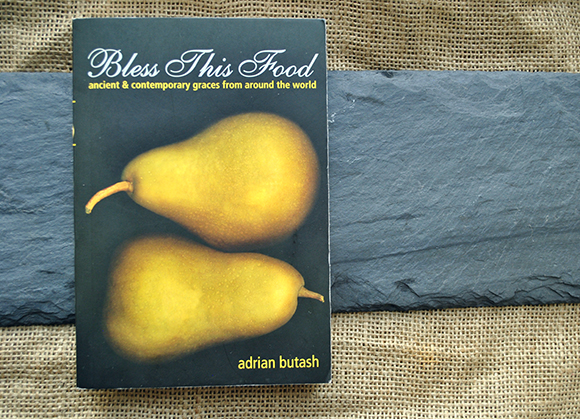
[subscribe2]
This is awesome Sanura. Gowing up I took say grace as a routine gesture, as i’ve gotten older and more aware of the world around me, I say my blessing as a humble and sincere thank you. Just to be able to recognize your blessings and pray for those with less abundance can be transformational. Love Love this 🙂